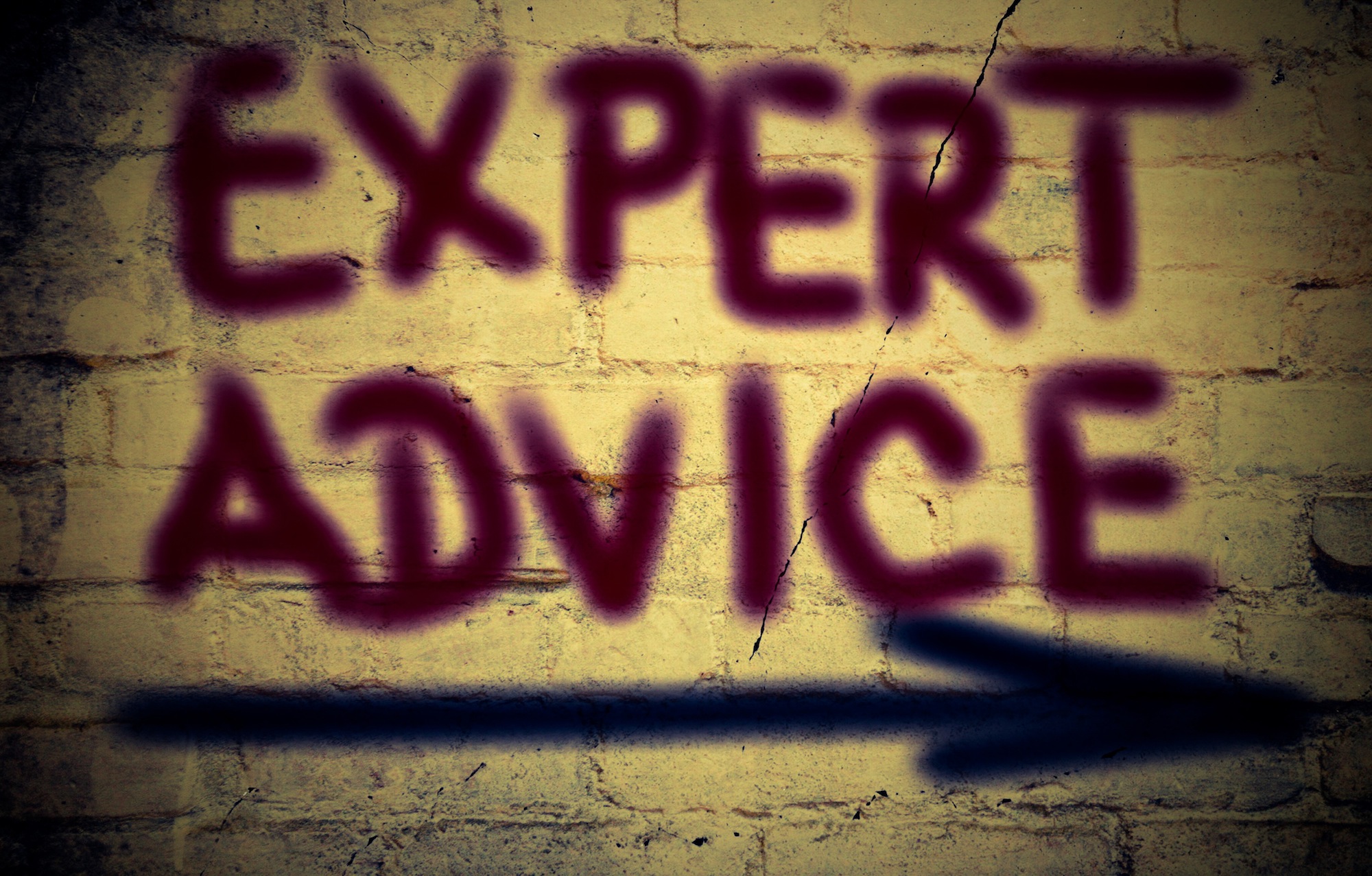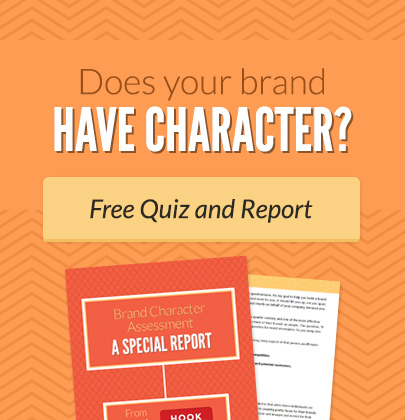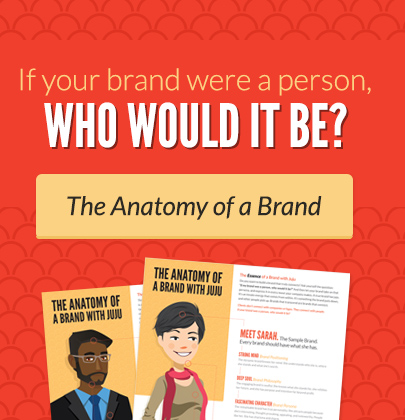You’ve just finished that course, quit your day job, or opened your new business, and you’ve decided to take the expert position. You know you need to sell yourself as someone who has the goods. As the real deal. As all that, and a bag of chips.
And then the nagging voices in your head begin:
How can I be an expert? I’ve only just begun.
There are tons of people out there already doing this.
Why would anyone listen to me?
I’m not educated enough.
When people find out I’m a fraud, it will all be over.
OK… enough.
Couple of things, here, my friend.
First: notice that I didn’t title this blog post, “How to Brand Yourself as an Expert if You Really Know Nothing.” If that’s the case, please don’t present yourself as an expert. But if you’ve got deep knowledge in a specific field, and what you bring to the world can help others and earn you a buck or two, then by all means, assume the position.
Second: there is no one – and I do mean no one – who can bring expertise to the world in exactly the same way you will. By virtue of the fact that you are YOU, your take on things will be different. It will be unique. So the “everyone else” out there? Well… you stand a chance of making them irrelevant for your customer if you can embrace the very “youness” of you.
You see, attraction is a singular kind of thing. We’re attracted to people – individual people – because they share our values. They share our worldview. They share our kind of juju. So even if there are 5,000 chocolate chip cookie experts in the world, I’m going to lean toward MY chocolate chip cookie expert. The one who gets me. The one who feels about chocolate chips the way I feel about chocolate chips. The one who floats my chocolate-chip-cookie boat.
Where to begin?
10 TACTICS FOR BRANDING YOURSELF AS AN EXPERT
Become a curator of information. You don’t have to write a textbook on your field of choice. Instead, you can “curate” information from the folks who do write the books. Search the web and find the best minds in your field, and choose the ones who most closely represent your specific position. If you’re a health coach promoting a vegan lifestyle… find the vegan coaches who are killing it. But also find information that’s tangentially related to your field. You might find vegan chefs, blogs by organic farmers, restaurant critics, animal rights activists, fashion lines that promote animal-free fabrics. You get the gist, no?
You’ll curate information – bring it all together in one spot –from the pros. And by providing a plethora of useful information related to your field, you take an expert position. People can come to your website or your blog to get the whole story. They can count on you – daily, or weekly, or bi-weekly or how ever often you post – to give them a complete update from the best minds in the business.
This strategy is especially effective when you’re just starting out and you don’t have a large body of your own work to share. Aside from positioning yourself as an expert, you’ll be constantly researching your field and you’ll find yourself right on top of the latest and greatest discoveries.
Present your knowledge in a problem-solution format. Most of us are in touch with why we’re doing what we’re doing. And generally, it’s related to solving a problem. I started blogging about small business branding because I saw a hole in the market; I realized that entrepreneurs and solopreneurs hadn’t been exposed to the value of a great brand. And because of that, their businesses were suffering. So many of my posts begin with the problem, and offer a solution.
Even if you’re not an expert with decades of experience, chances are you can frame a problem and solution related to your trade or profession. Consider the fears, frustrations, goals and desires of your target market. And write or create content specifically directed toward those. One important point here: the idea is not to frighten people or entice greed (this is a common convention in blogging and marketing today – and one that I stand in firm opposition of. For the dangers, see Whats In a Word? click here). Rather, the idea is to see your potential clients or customers for who they are, and how they feel. By relating to their positions – and presenting solutions for their issues – you place yourself squarely in the role of the expert.
If you’re a designer, and potential clients are frustrated by relationships with designers because they never get what they want, teach them to write a creative brief. If you’re a music teacher, and your clients dream of their children learning to play the piano, provide solutions for how to motivate children to practice. This problem/solution approach allows you to present your knowledge in “chunks” that are easy for your target markets to digest. And it keeps them coming back for more.
Align yourself with other experts. You don’t have to know the experts in your field to quote them. You can simply align yourself with them. I love the blog brandingstrategyinsider.com. I recommend it often, and I am almost always in agreement/alignment with the writers. I like where they stand socially; I like their in-depth knowledge and their cutting-edge approach to the business. I’m not a personal friend of the team at the Blake Project (the brainy crew that publishes this blog), but I align myself with them by sharing their information and including it in my blog and my online course, Unforgettable U. At times when I’ve wanted to share specific advice from them, or longer-form content, I’ve written an email and asked for permission.
You’ll be pleasantly surprised at how experts respond to these requests. Writers want their material to be read. Experts want the world to hear their opinions. If you’re forthright about what you want to share, and gutsy about moving forward for approval to share, you’ll not only align yourself with the best in the biz, you might even make contact and form alliances with them. Here’s one thing I do know: if you don’t ask, the answer will always be “no.”
Work toward social proof. You can validate your expert position – and create peace of mind for would-be clients and buyers – by demonstrating social proof. This is any kind of public conversation between you and your readers or followers, or by your readers and followers about you.
End every blog post with a question and a request for comments. Every social media post should also include a request for comments – especially single-word answers. If you post videos on YouTube or photographs on Instagram, ask specifically for feedback. Ask your clients to rate you on Yelp or rate the products you sell on Amazon or eBay. This so-called “social proof” is the true value of likes, comments, shares, re-Tweets and the like. If I see that other people like you, I’m much more willing to believe that you’re a valid source of information.
The trick to social proof is patience. When you first begin to write and share, especially if your audience is small, you’ll feel like you’re shouting into a deep, black hole. Stick with it. Don’t give up. A small, engaged audience is much more valuable than a huge audience that ignores you. Little by little, as people respond and share, your information will make its way to more people. Search engines will find you more relevant. Social sites like Facebook will push your posts to more people. It’s the conversation – the social proof that people find what you’re saying interesting or worth reading – that allows for new followers to trust you.
Comment on other people’s blogs and posts. This is, perhaps, the most overlooked aspect of becoming an expert. If you want other experts to notice you, then get involved in their conversations. Comment on the things they write. Share them. Agree with them, or ask good questions and start a conversation. I like to encourage my clients to see social media as a giant cocktail party or dinner party. You can’t be the one doing all the talking. A great guest listens, and thoughtfully joins the conversation. You’ll increase your chances of being seen as an expert if you “hang around” with the other experts.
Assume the position on your social media sites. I’ve written a lot about “assuming the position.” It’s critical if you want to be seen as an expert. If you’re in large social media groups (on Facebook, LinkedIn or elsewhere), then take a position as an expert. Rather than asking for advice, consistently provide useful advice. Consider, when you enter these groups, exactly how you want to be seen by the other members of the group. Give more than you get.
Additionally, rather than joining groups of your peers, join groups with members that are different from you. If you’re a writer, don’t join writing groups. Join business groups, and teach business owners how to write. If you’re an SEO specialist, don’t join SEO groups, join entrepreneur groups, and teach about SEO.
Google yourself. Do you know what you look like in the search engines? If not, find out. Google yourself. Search your name on social sites. Find out what comes up, and create content that shapes how you appear. This is the first line of research for your would-be clients or customers. If you want them to see you a certain way, the first step is to find out exactly what they’ll encounter when they look for you.
Write a white paper or e-book. One of the quickest and surest ways to assume the expert position is to write a book. It doesn’t have to be 200 pages. You can write a 25-page book that’s an in-depth look at a narrow topic. Or write a white paper – an authoritative guide or paper about a very specific topic that shows your view or philosophy on that topic. You’ll elevate your position if you quote other experts in your book or white paper, and provide links to those expert positions or research.
Become a life-long learner. If you want to be seen as an expert, you need to know what’s happening in your field – consistently. Build time into every day, or every week, for learning. Order the latest books. Take online courses. Enroll in local classes. Listen to podcasts and webinars. The more you learn, the better writer, commenter, curator, teacher or philosopher you’ll become. Just because you’ve finished school and launched your business doesn’t mean you’re through learning. It’s a never-ending process.
Ask for testimonials. This is one of the most difficult exercises for new business owners, but it’s one of the most valuable. Build feedback into your sales process. Ask clients to complete a form or a survey with open-ended questions. You don’t have to say, “Can I have a testimonial for my website?” Instead, send a quick, three-question survey about your service or product. Make the third question something like, “What was your favorite part of the program?” or “What surprised you the most about the product?” You can pull all types of little gems from these surveys for use in your website, brochures, blogs or emails. Make this collection part of your ongoing process. Testimonials are the most powerful form of social proof. And experts have lots of people talking about them.
Taking an expert position is a strategy. And being strategic means using your available resources in a way that you’ll achieve the best outcome in an uncertain future. Use as many as the above tactics as possible – control your resources. It won’t happen overnight. But if you make it a daily activity, it will happen more quickly than you think.
What tactics do you use to position yourself as an expert? Share with me, and with the other experts in the Juju community, in the comments below.





A great post Julia, thank you. I think it’s always a good idea to refresh yourself on your online content and how prospective clients may see you and you’ve included some great tips!
Thanks, Katie. I’m glad you found some things you could use. Have an amazing day.
Great article Julia! It has given me lots of actionable tasks to take forward, starting today! ?
You’re so very welcome, Jessica. I’m glad you found some good stuff here!
Thanks Julia, great article! You’ve reminded me of lots of very useful things to do and also gave me a few fresh ideas to implement straight away. I especially appreciate some good tips on asking for testimonials, as I often struggle with that or even forget. Great stuff! ?
So glad you liked it, Sand, and that it was useful for you. Happy New Year to you!!
Great informative post, Thank you Julia! ps. Happy New Year 2016
Thanks so much, Bianca. Happy New Year to you, as well.